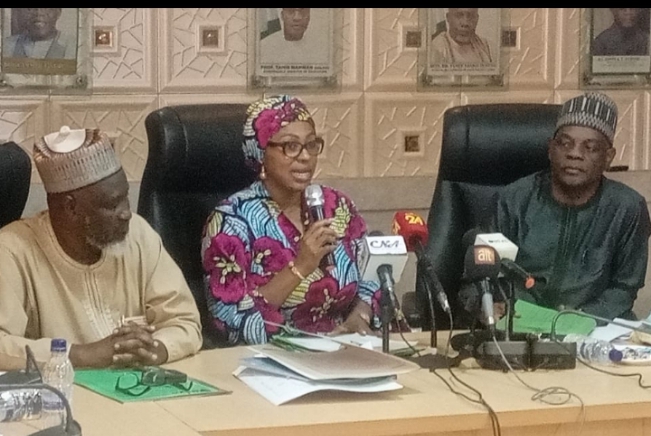The Tertiary Education Trust Fund (TETFund) says high exchange rate caused some challenges for TETFund-sponsored scholars as many of them requested extra funding.
The Executive Secretary of TETFund, Sonny Echono, made this known during an oversight visit to the Fund by the House of Representatives Committee on Tertiary Education Trust Fund in Abuja on Thursday.
Echono said the Fund had expended about N3.8 billion on 1,500 Nigerian scholars studying abroad under its academic training programme as a bailout fund to cushion the effect of the current exchange rate of the naira.Â
He added that this had also resulted in a drop in the number of beneficiaries of the Fund’s academic training programme in foreign institutions.
While saying that the remittances process for scholars in the past was not that good, Echono said many of the institutions came back to TETFund expressing concerns over the payment system.
“But we now pay directly to the institution as part of our intervention. So CBN now transfers in bulk to different institutions for those scholars.
“We have taken care of 1,500 scholars with a total of N3.8 billion expended. We identify a cut-off point for those who will be eligible for the scholarship,” Echono said.
He the Honourable Miriam Onuoha-led Reps’ Committee, for their role in the various projects and interventions of the agency that are fast making positive impacts in the country.
He thanked the committee for its support, which had given rise to education tax collection from 2.5 per cent to 3 per cent.
He said the collection from education tax in 2020 was N257 billion, and by 2021, the fund received a sharp decline in the tax collection of N185.5 billion.
He added that the collection rose to 328.8 billion in 2022 and 725 billion in 2023, respectively.
On the issue of attracting foreign grants for cutting-edge research, Echono said that before now, Nigeria was not doing well, adding that through the efforts of TETFund the story has now changed as it moved from the 9th position to the 7th in Africa in terms of countries that attract the highest research grants on the continent.
On her part, the Chairman of the committee, Miriam Onuoha, lauded Echono for the manner in which he has meticulously executed projects and other interventions in line with the mandate of the TETFund.
Onuoha, however, expressed concern about the situation where funds meant for tertiary institutions were not accessed by those they were meant for.
She urged relevant government bodies as well as state governors to use their instrumentality of office to ensure that heads of institutions comply with TETFund on accessing their funds.
She said the purpose of the oversight was meant to see how well the agency had performed in the 2022–2023 budget, in line with the budgetary provision.
Onuoha noted that, in line with the function of the committee, it must ensure that allocations made to TETFund are used judiciously.

